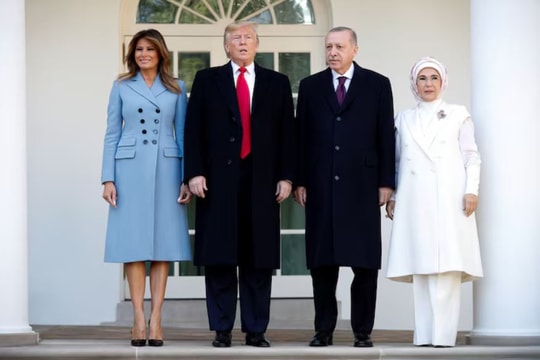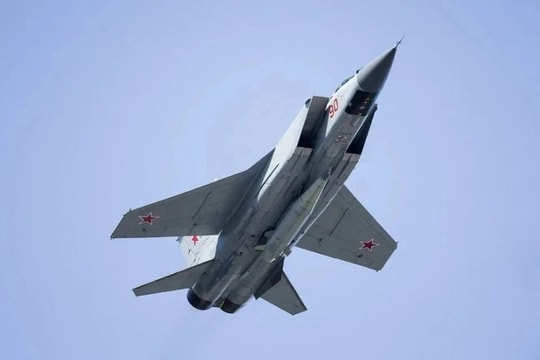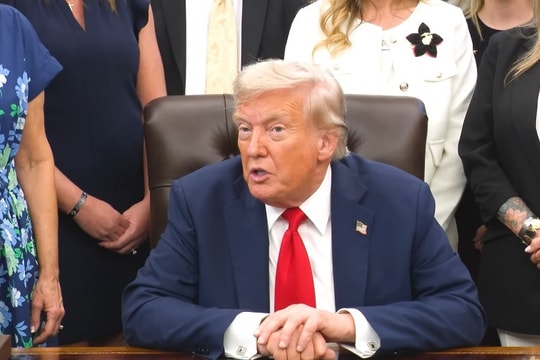US warns future wars will be 'faster and more terrible' than ever
Warfare in the next few decades will be very different from what it is today, senior US military generals say.
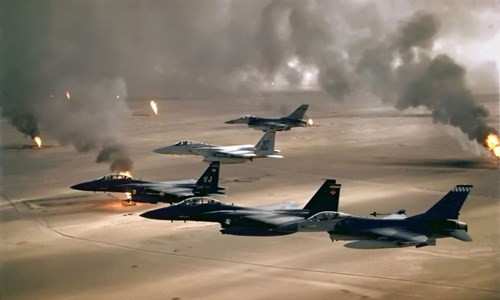 |
In the past, war was often associated with the image of thousands of soldiers rushing to attack, along with many fierce artillery bombardments. Today, with the presence of many types of precision weapons and types of aircraft, automatic robots, remote control, the development of war is happening at a dizzying speed. This is what high-ranking US generals want the military to be ready for when dealing with the country's major opponents in the coming decades.
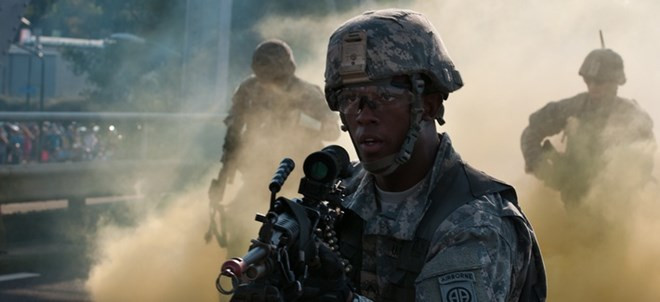 |
| Future wars will take place at breakneck speed. |
According to Lieutenant General Joseph Anderson, Deputy Chief of Staff of the US Army in charge of strategy and training, the US is facing many major threats from "countries making aggressive military moves", including Russia and China.
The two countries are building large, high-tech military forces that require the Pentagon to “prevent and prepare for a conflict of a scale not seen since the Korean War,” said Major General William Hix, an assistant to General Anderson. “In the near future, an armed conflict will be very fast and very deadly,” he said.
General Hix further explained that wars would begin almost without warning and would cause much faster and greater damage than in the past. Therefore, the US Army must find ways to be more prepared for unexpected threats.
More attention must be paid to the design of military software interfaces, said Katharina McFarland, assistant assistant secretary for logistics and military technology for the U.S. Army. In the future, soldiers will have to rely more on their intuition, and so they will need to quickly learn how to fly at least three different types of military helicopters, or quickly switch from using a machine gun to operating a tank gun.
The impact of artificial intelligence and autonomous devices on the battlefield will only grow. “The dynamics of the battlefield can put soldiers under enormous mental pressure,” Hix said. “The speed at which machines can make decisions in the future will far exceed the ability of humans.”
He concluded that future wars will be very different from the conflicts that have occurred over the past 25 years./.
According to Infonet

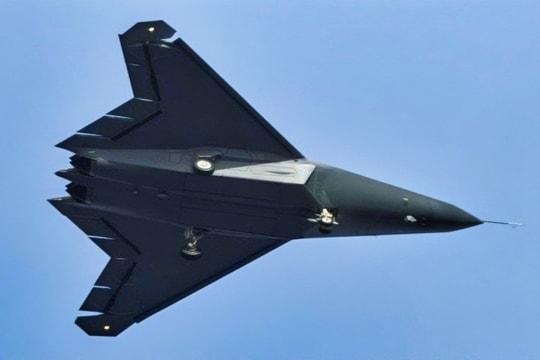
.jpg)
